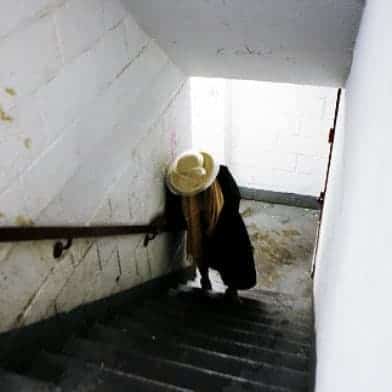
Rents Are Dropping, Can I Renegotiate?
Rents Are Dropping, Can I Renegotiate?
Rents are dropping.
I signed a lease on 3-1-09 for $1425/month, but rents have dropped in my building and area. Same unit on the top floor rented for $1300, I am on the 2nd of 3 floors. How should I negotiate? Write a letter now or wait until lease renewal on 3-1-10, when it goes month to month? I love the building and I am a great tenant. Help!
Rents are dropping. Should tenants rejoice? Hardly. I think that would be akin to celebrating when Capital One lowers your interest rate from 29.9% to 27.9%. Whoopeee! I talk to many tenants who are searching for apartments. Anecdotally, I just don’t perceive that rents are going down that much, more vacancies for sure, but the rents still seem to be sky high.
I do, however, know that some landlords are willing to lower their rents, especially for good tenants.
Technically you are bound by the contracted rate until the lease expires, however you and the landlord can agree to modify the lease at any time. If you live in a rent controlled apartment in San Francisco, I don’t see why there is any reason to wait. The rent will be fixed anyway, with increases according to the allowable annual rate. Beginning March 1, 2010, the allowable increase is 0.1%.
When you begin to negotiate with your landlord you should understand that there may be a time in the future when he will want to increase your rent back up to the contracted rate, i.e. $1,425.00 per month. The Rent Board’s policy, when considering tenant petitions alleging illegal rent increases in these cases, is to inquire if the decrease was based on the tenant’s hardship or a change in the market.
If the Board decides that the landlord decreased the rent because you were having a hard time, in the future they will allow the landlord to increase the rate based on the original contract. If the Board decides that the landlord decreased the rent solely based on the softer market, they will find that he can only increase the rent based on the rate you negotiated.
Landlords who are aware of this policy, even if they want to negotiate a decrease, may want to depict the decrease as one based on hardship. They are usually very reluctant to attribute the decrease to market conditions.
It sounds like you are in a good position to negotiate. The top floor just rented for $1,300.00 per month, so you can justify your request using the pure logic of mathematics. The market has been established at $1,300.00. If you move and the landlord tries to rent your unit for $1,425.00 and it stays vacant for just one month until he gets a tenant, it will take him more than 10 months to amortize the cost of the vacancy. You already know that he can’t rent it for $1,425.00 anyway. The math is powerful.
Assuming you agree on a new price, it will be tougher to get the landlord to acknowledge that the decrease is based on the market. The best way to do this is to write it in the lease modification document. The next best way is to make sure that all of your negotiations are in writing. You can prove at a later date that you never asked for a favor, and that you based your request on the market rate. Everything should be in writing anyway.
Good luck and let us know how it goes.





